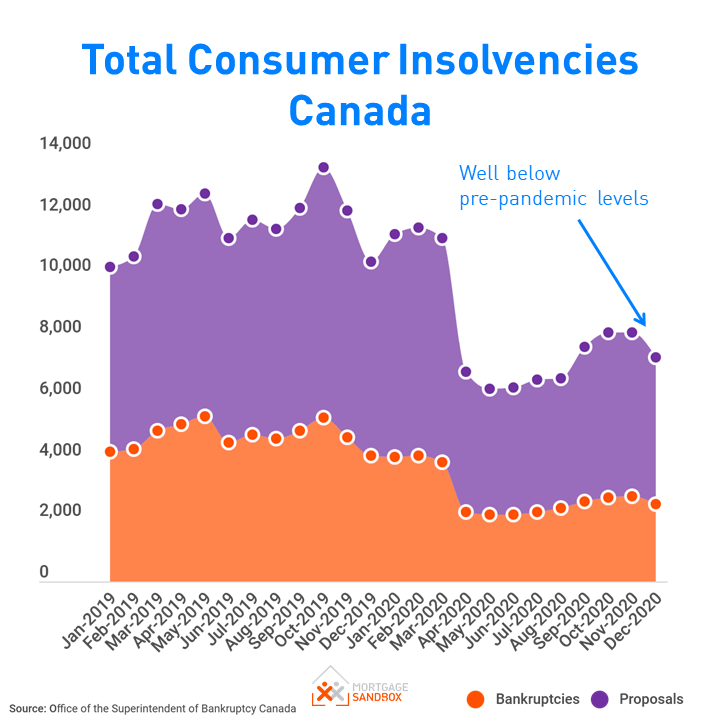Homeownership among Millenials has skyrocketed during the pandemic
The COVID-19 pandemic has brought colossal change and repeated disappointments.
The biggest challenge has been the closure of offices, which then required people to work from home. Living in a bachelor suite, socializing, sleeping, eating and working between the same four walls sounds oppressive.
Families with two working parents suddenly become desperate for segregated space for home offices and a play-classroom.
Most baby boomers own a house already, so adjusting to the pandemic has been easier for them, like most things in life.
These changes have reached a breaking point for many Millenials. They have led to a surge in home purchases among young Canadians.
A recent report from Royal LePage revealed that nearly half of Canadians aged 25 to 35 now own a home, and 25 percent purchased their property in the last 9 months. This means many Millenials who would have bought in the next two to three years have brought their purchase forward. The trend is likely to continue until people can return to the office.
Could this pandemic-induced homebuying frenzy lead to a subsequent pos-pandemic homebuying hangover? Time will tell, but the statistics show that Vancouver and Toronto are the most exposed.
The long-term homeownership rate in Vancouver is 64%, and in Toronto, it’s 66%. Most of those owners bought at prices far below the current market value.
Source: Royal LePage Demographic Survey
Vancouver
Twenty-seven percent of British Columbian Millenials decided to take on homeownership during the COVID-19 pandemic.
According to the Royal LePage report, 51% percent of Millenials already own a home in Vancouver. At most, they will reach a level of 64% homeownership. That means 80% of the Millenials who will buy a home have already entered the market. That implies we may see a homebuying hangover until Gen-Z is old enough to contemplate first-time homeownership.
Toronto
In Ontario, 26% of young homeowners bought a home in the last year.
With this surge in homeownership, now 45% percent of Millenials own a home in Toronto. Surprisingly, the homeownership rate is lower among Toronto millennials than in Vancouver. After all, the median Toronto income is higher, and Toronto home prices are lower.
At most, Toronto Millenials will reach a level of 66 percent homeownership. That means 70% of the Millenials who will ever buy a GTA home have already entered the market.
What if there is a hangover?
Suppose most of the young people who will ever buy a home have recently entered the market. In that case, it is reasonable to expect there might be 2 to 5 years with lower purchase activity. That shouldn’t be cause for concern unless there’s a sudden glut of supply, but it could lead to a softening of home values and perhaps a drop in prices.
If baby boomers downsize early, it could exacerbate the risk.
Baby boomers were born between 1946 and 1964. They're currently between 57-75 years old. In Canada, the average life expectancy is 80 years for men and 84 years for women.
Boomers have been hit particularly badly by pandemic-related unemployment. Many will retire early and rely on the savings in their homes.
They predominantly own houses, and statistically, if many of them need to downsize in 2 to 10 years. When the time comes, will debt-laden Millenials be able to buy their houses?
Immigration might reduce the risk.
We can hope that a sudden influx of new immigrants will fill the void and buy these million-dollar houses. That may be the case, but many extremely qualified immigrants end up in jobs that pay them less than their skills and talents deserve. We’ve all heard anecdotes of PhDs driving Ubers and doctors working as nurses because their foreign credentials aren’t recognized in Canada.
New immigrants don’t have wealthy baby boomer parents who can help them with a down payment.
Of course, some immigrants will be wealthy and will enter the real estate market. Hoeverwer, instead of hoping for a ‘White Knight,’ Canadians need to foster a stable, sustainable long-term real estate market.
Lesson: Volatility leads to higher risk
Current market conditions are clearly not sustainable. 25 percent of millennials can’t buy a home every year.
The pandemic-induced demand has clashed with a pandemic-induced reluctance to sell, which has led to an acceleration of prices.
Low mortgage rates have exacerbated this.
The pandemic is a ‘once-in-a-century event. The supply-demand conditions and mortgage rates this low are unlikely ever to recur.
This makes post-pandemic property market conditions very uncertain. For a full accounting of the bubble-crash risks in the Canadian real estate market, check out:
Like this report? Like us on Facebook.




